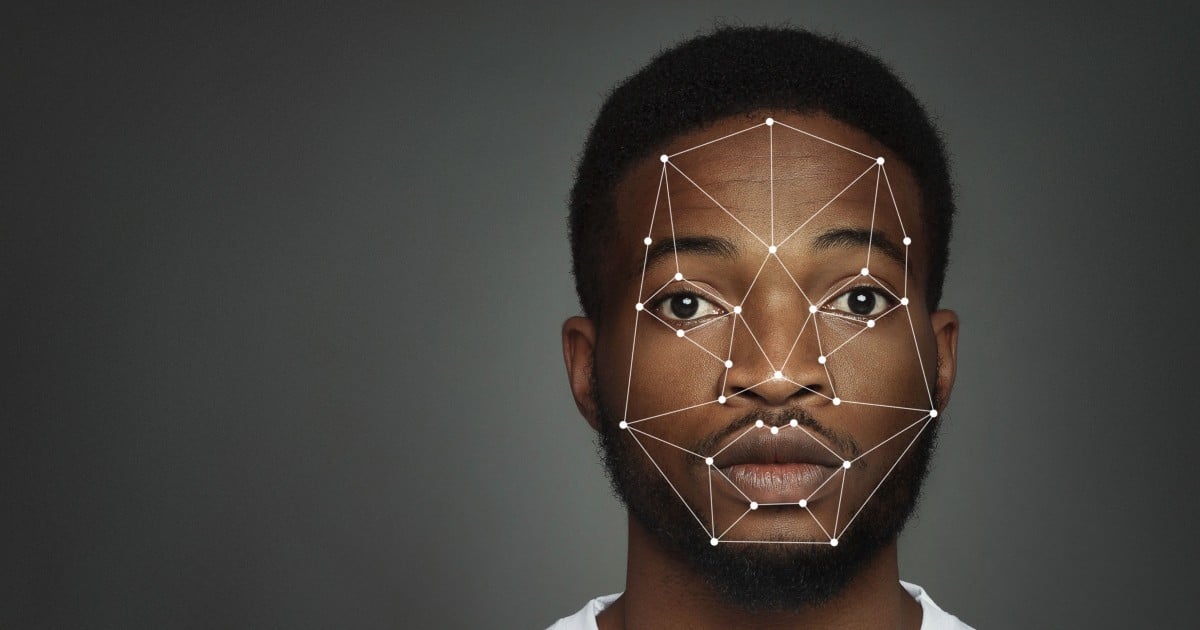Man sues police after incorrect facial recognition match leads to wrongful arrest

Nijeer Parks is suing the police after he was arrested and jailed in 2019 for ten days based on an incorrect facial recognition match. After a crime in Woodbridge, NJ, the local police department issued a warrant for Parks based on a facial recognition match provided by facial recognition software similar to Clearview AI. Parks actually turned himself in at the police station after he learned that there was a warrant out for his arrest. Once he presented himself at the station, the officers did not care about the fact that Parks had a valid alibi; instead, they fixated on the fact that AI had fingered Parks as the culprit. Parks wasn’t released until ten days later, according to ThreatPost.
Facial recognition continues to be used, despite obvious pitfalls
Clearview AI, and other companies like it, have amassed pictures of billions of people by crawling social media – that is the source of pictures that these algorithms check suspects against with its facial recognition software. Time and time again, this type of facial recognition software has proven to be unreliable, yet police departments still want to use it. A Harvard report by Alex Najibi found that these facial recognition softwares often have about 90% accuracy rate; however, he also noted that “poorest accuracy consistently found in subjects who are female, Black and 18-30 years old.”
Nijeer Parks isn’t the first person to fall victim to this exact scenario. Earlier in 2018, another African American male, Robert Julian-Borchak Williams, was arrested in Detroit after Michigan State Police used DataWorks Plus’s facial recognition software to supposedly ID the culprit – there’s also Michael Oliver. Police departments are some of the stoutest supporters for the use of facial recognition technology – despite all the evidence of algorithmic bias that leads to more false positives for African Americans than Caucasians. Even grocery stores are leaning into facial recognition technology, and it may be harder to stop its use on private property. The continued proliferation of facial recognition technology is here, and it’s about time for the associated privacy concerns to go mainstream.
